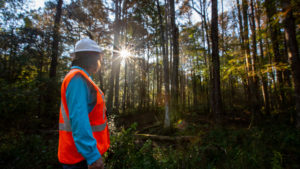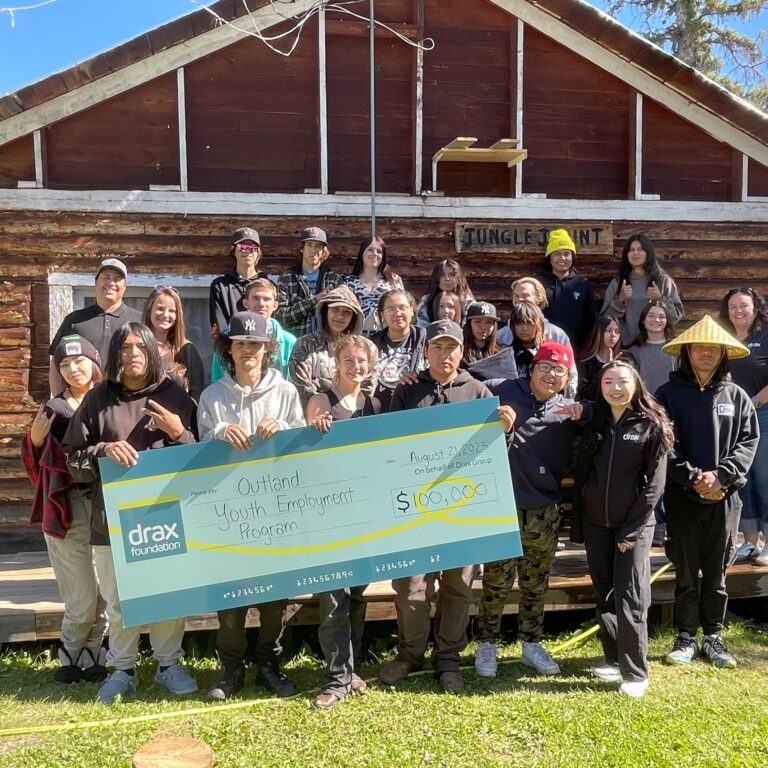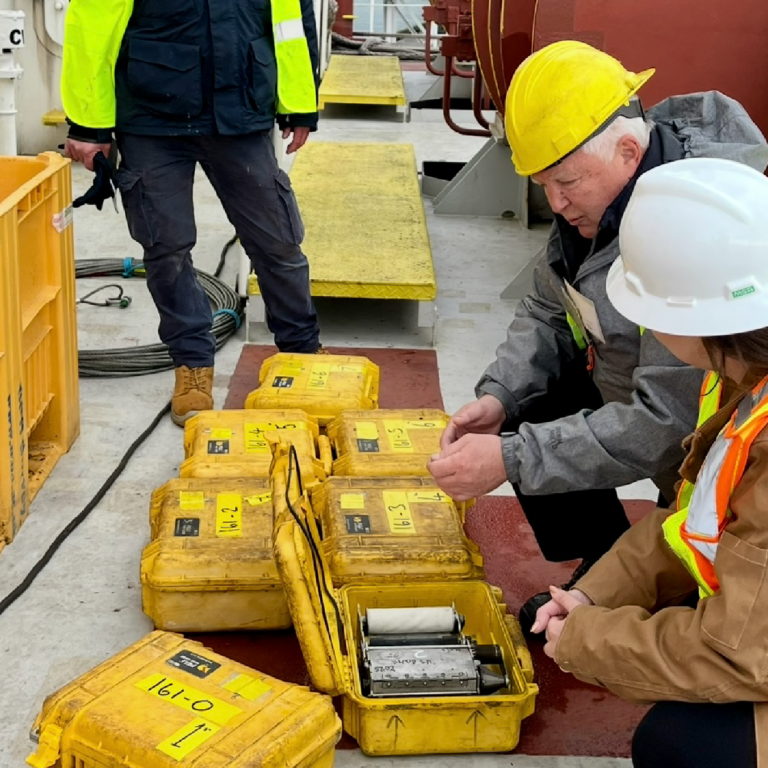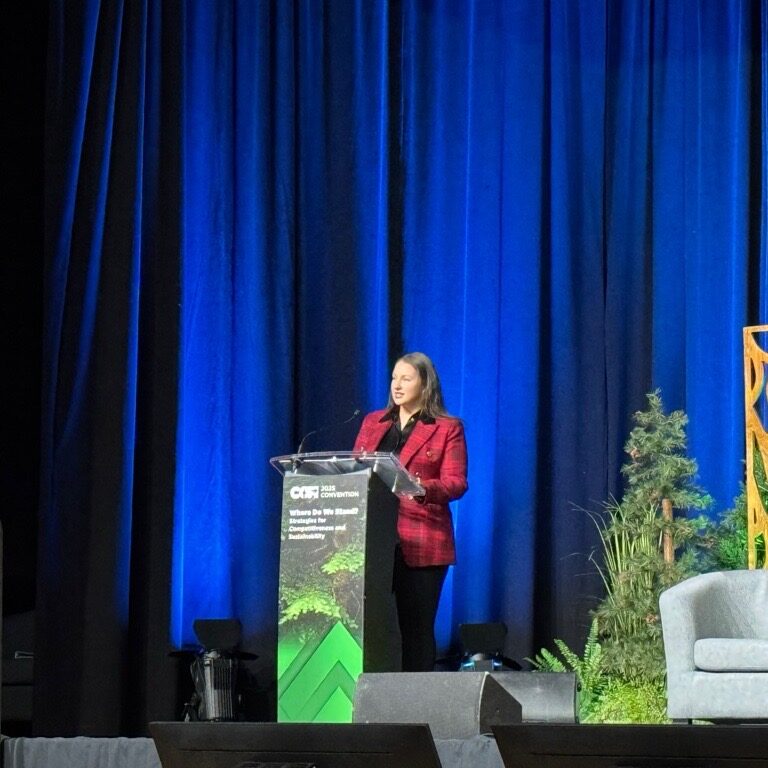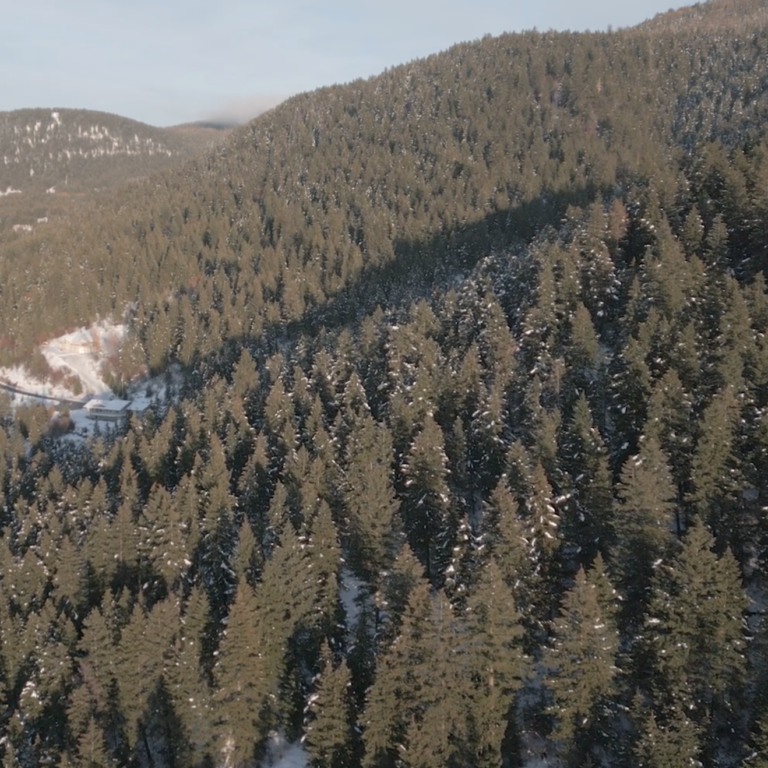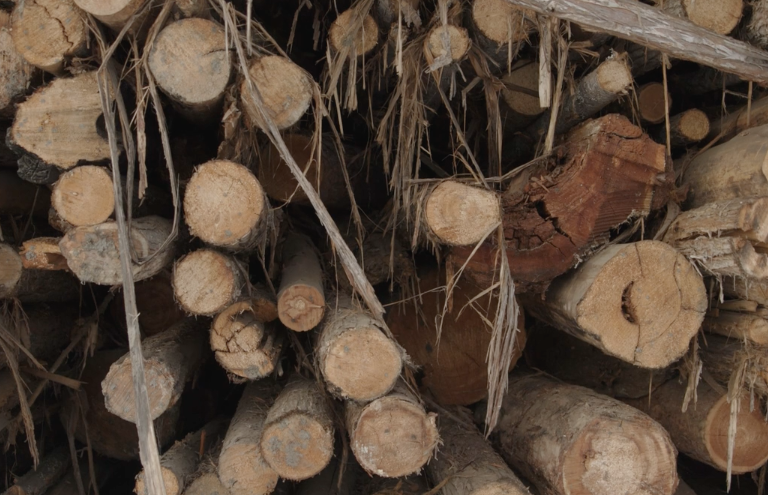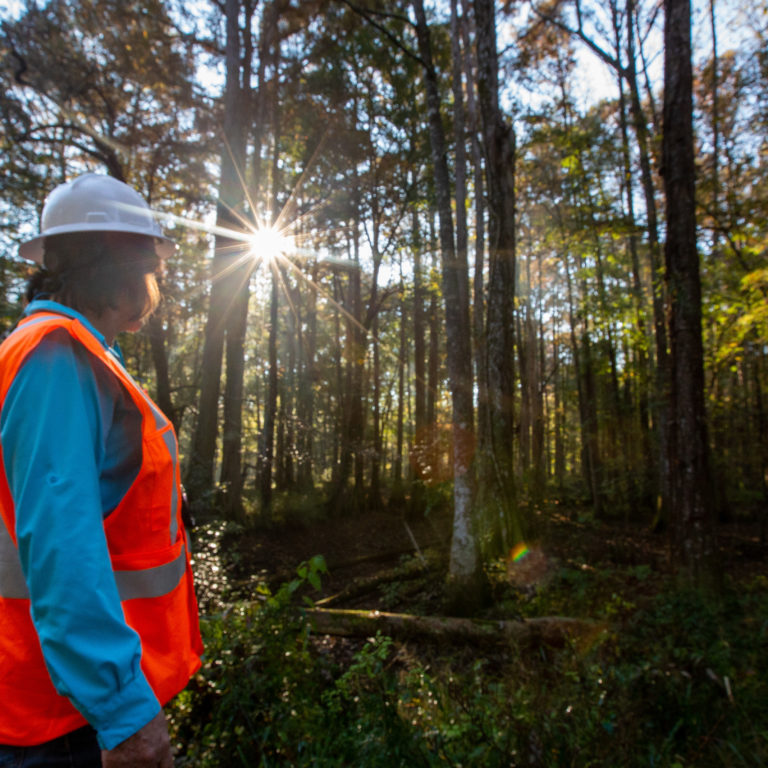By Eugene Lupynis, Director of Customer Logistics, Drax Group
Plankton are some of the smallest creatures known to man, drifting through the ocean, forgotten about by most. But, for the Continuous Plankton Recorder (CPR) Survey, these microscopic animals and single celled algae can provide immense amounts of information on the state of our oceans and the global climate.
The first CPR tow took place in the North Sea in 1931, and since then instruments have been placed on ships recording data across the globe. Hailed as the “longest running, most geographically extensive marine ecological survey in the world”, the CPR captures data that is then available to share with researchers and policy makers. The figures collected provide important information on “climate change, human health, fisheries, biodiversity, pathogens, invasive species, ocean acidification and natural capital”.
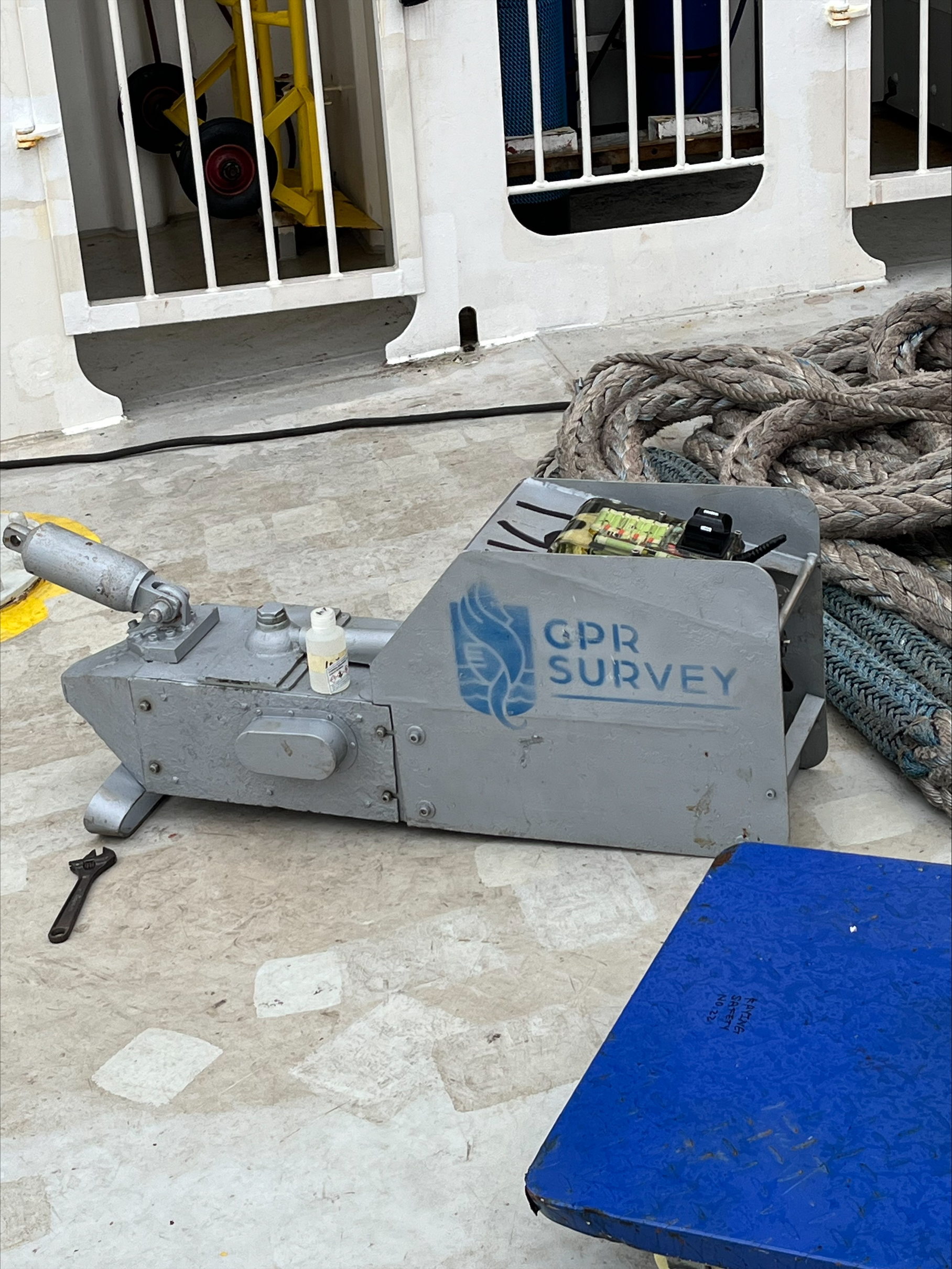
The Continuous Plankton Recorder instrument which is now attached to the MV Kaying to study plankton and their insights into changing climatic conditions.
At Drax, our shipping partner Swire Bulk approached us about our vessel, the MV Kaying, participating in the study, due to its travel between Vancouver, Canada and Japan. The MV Kaying’s route is over 4,600 nautical miles each way and due to its consistency, the sample data it collects can be relied upon by the survey.
“Participating in the Continuous Plankton Recovery Survey was an easy decision for us,” said Eugene Lupynis, Director of Customer Logistics for Drax. “At Drax, being nature, climate and people positive are the pillars of our sustainability framework. Helping the CPR Survey provide vast amounts of information on the state of the earth’s climate aligns perfectly with our mission.”
Why does the survey study plankton? Simply put, plankton maintain life on earth as they produce almost half of the oxygen humans breathe. With their short lifespan and sensitive nature to environmental changes, plankton are an excellent indication of the changes in our marine environments. This information doesn’t just relate to the ocean, but fisheries and fish stocks, marine litter, invasive species, and climate change – all of which have an impact on human and animal life.
“Swire Bulk is dedicated to work towards a greener, more sustainable future. The health of our oceans directly impacts our business, enabling us to transport resources and cargoes globally,” says Tom Day, General Manager, Vancouver for Swire Bulk. We are keen to support green projects that may reduce our carbon footprint and promote the conservation of marine ecosystems, which will ultimately help to ensure the long-term viability of our operations and the well-being of communities that depend on maritime trade.”
Drax is committed to making positive action towards sustainability. From biomass sourcing to carbon emissions, environmental impact and people and culture, sustainability is a part of everything we do. Drax is proud to join the more than 300 vessels who have voluntarily participated in the CPR, as their mission aligns with our commitment to being a leader in sustainability across our value chain.
To learn more about the Continuous Plankton Recovery (CPR) Survey, visit Continuous Plankton Recorder (CPR) Survey | CPR Survey.
To learn more about Drax’s commitment to sustainability, visit our website.
Featured image caption: Caroline Bleay, Communications Manager for Drax Canada with David Wilson and Lance Gregory from the Continuous Plankton Recorder Survey, discussing how the instrument recording process.

